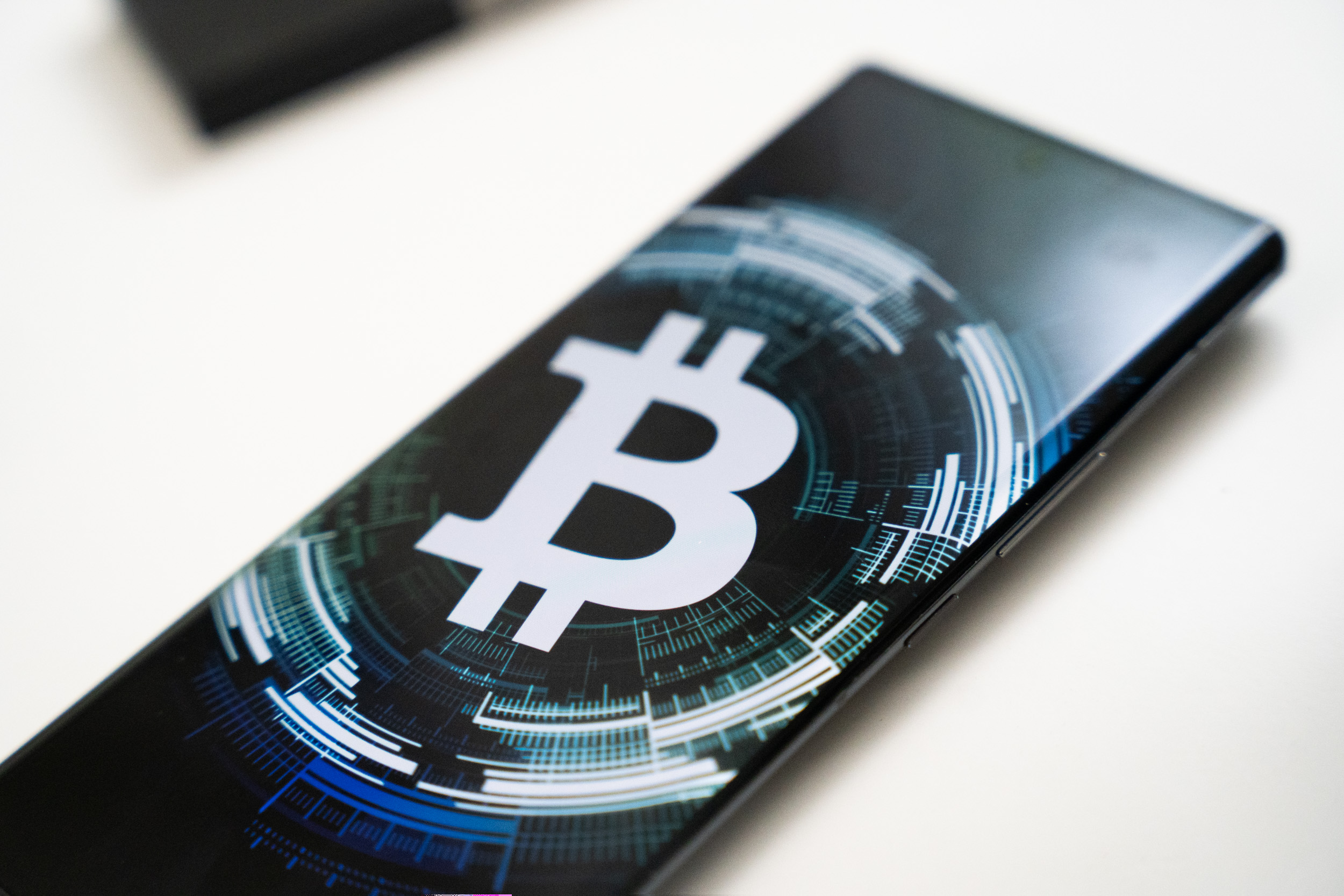Crypto enthusiasts and critics continually debate Bitcoin’s impact on the financial system, with mixed reactions from both sides. While many Bitcoin supporters describe it as the template for a fully democratic economic system, critics remain skeptical about its ability to fulfill that role. Meanwhile, Bitcoin has continued to gain immense global popularity, with many individuals and institutions rallying to adopt it. Its peer-to-peer network and encryptions make it virtually impossible for service providers such as Bitcoin-Prime app to interfere with users’ transactions.
Although various factors drive Bitcoin’s growing adoption, that trend indicates its increased integration into the global financial ecosystem. So, how can Bitcoin democratize the financial system? This article discusses how Bitcoin promotes a democratic economic landscape.
Decentralized Network
The global financial systems have remained centralized since the beginning of finance. Governments still retain complete control over financial transactions, including the creation, distribution, and usage of money. They use fiscal policies and different authorities to monitor and regulate monetary production, distribution, and utility in their economies. While all governments claim to promote a democratic financial landscape, their policies and activities mainly serve the powerful at the expense of the less-privileged majority.
Bitcoin’s decentralized network eliminates most of the bureaucratic practices of conventional financial systems. It allows anyone with a full node to engage in currency creation by mining Bitcoin, even from the comfort of their homes. Besides, the distributed Bitcoin network also eliminates the need for central banks and other institutions to produce and distribute currency. It also means you do not have to go through a bank or a money processor to send, receive, spend or store Bitcoin.
The distributed Bitcoin network democratizes the financial system by eliminating the governments’ and institutions’ absolute control over currency production, distribution, and usage. Bitcoin abolishes the common barriers in the traditional economic systems, allowing everyone a fair chance at investing and accessing financial services worldwide at their convenience.
More Autonomy and Transparency in Transactions
Fiat currencies remain the critical means of payment in several parts of the world today. However, the transactions are subject to various regulations limiting the amount of money one can transact and even the parties with which you can do business. Besides, many governments’ fiscal policies stipulate banks as the primary financial custodians through which companies and individuals can transact.
Bitcoin, a decentralized currency, doesn’t tie to any government or regulatory authority. It allows you to send, receive, spend and store your money as you see fit. Unlike fat currencies you can only use within the stipulated parameters, Bitcoin allows you to transact with anyone and anywhere at your convenience.
Bitcoin’s removal of intermediaries from transactions gives its users the desired autonomy in managing their funds and wealth. Besides, Bitcoin’s encrypted blockchain ledger eliminates the risk of double-spending. Bitcoin offers more independence and transparency in financial transactions, thereby promoting the democratization of the global economic systems.
Robust Investment Opportunities
Bitcoin supports several conventional money-making ventures, including stock trading. However, it has also created robust new economic opportunities for different investors. Thanks to its ease of access and versatility, several governments, businesses, and individuals now recognize and accept Bitcoin as a legit payment means and an investment asset. Bitcoin offers numerous investment options for companies and individuals. Some of the most straightforward ways to invest in Bitcoin include trading, mining, lending, and crypto exchange services.
Bitcoin is still in its infancy, and we may not entirely understand its impact on the financial system. However, it has an immense potential to revolutionize the global financial ecosystem through decentralized monetary creation, autonomous peer-to-peer transactions, and robust economic opportunities.












Comments